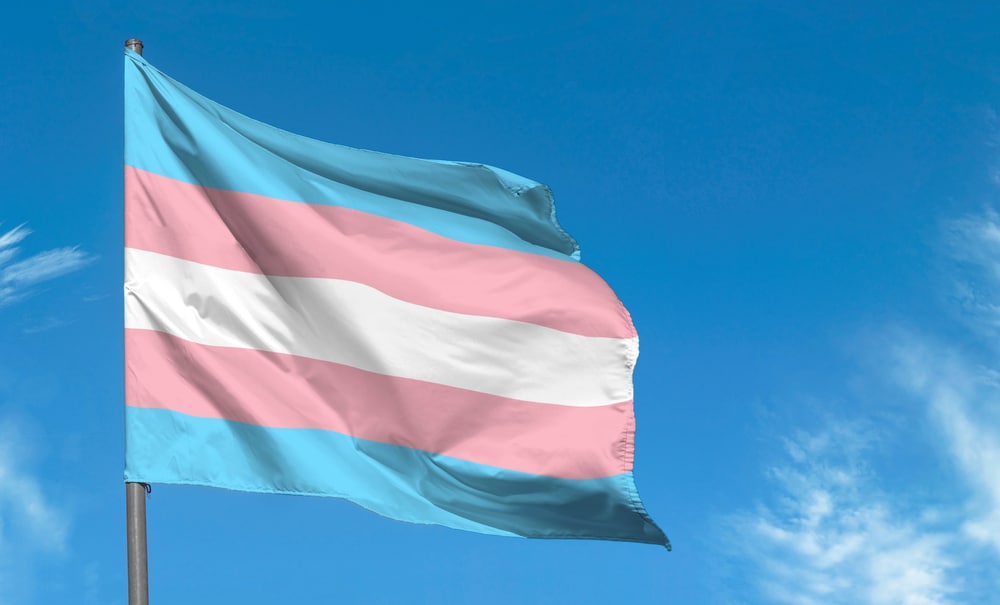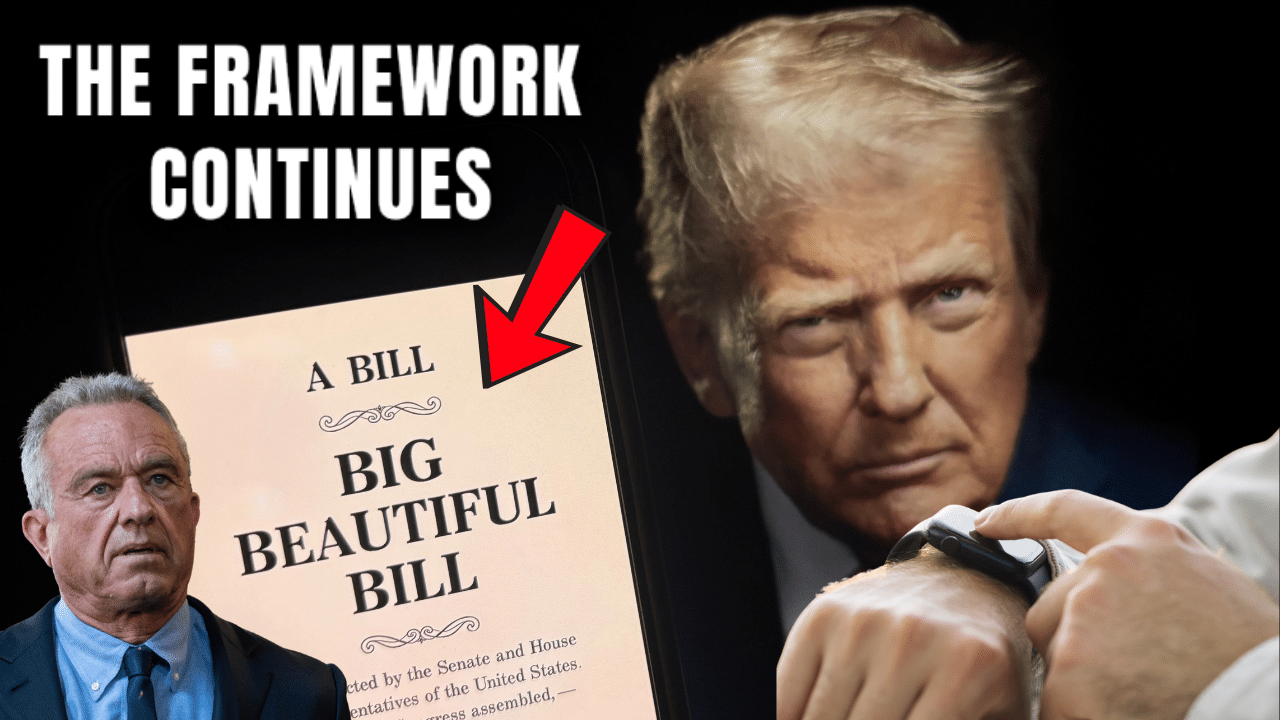The Peruvian government has officially categorized trans and intersex people as “mentally ill”.
The health ministry said the decree was the only way Peru’s public health services could “guarantee full coverage of medical attention for mental health”.
The move has prompted a fierce backlash in a society where gender and LGBT rights have been under sustained assault in recent years and where there are high levels of homophobic, transphobic and gender violence.
Recently, lawmakers banned references to gender equality from school textbooks. That has had a devastating effect on classes intended to prevent domestic assault and femicide.
César Vásquez, the health minister, has failed to comment on the row. Instead, he has been defending President Dina Boluarte, who is under investigation for her unexplained acquisition of expensive jewelry, including a diamond-encrusted Cartier bracelet valued at £40,000.
Last week, her brother Nicanor Boluarte was arrested for selling senior jobs in the government. The president responded by dismantling an elite police anti-corruption unit and unsuccessfully attempting to block the publication of official statistics showing a rise in poverty.
Percy Mayta-Tristán, a medical researcher at Lima’s Scientific University of the South, said that the decree may have been well-intentioned but it revealed a lack of awareness of complex LGBT issues.
“You can’t ignore the context that this is happening in a super-conservative society, where the LGBT community has no rights and where labelling them as mentally ill opens the door to conversion therapy,” he said.
Ms Boluarte was vice president to Pedro Castillo and replaced him in 2022 after the far-Left rural school teacher unconstitutionally attempted to shutter congress.
She has been propped up by a congress whose members run the ideological spectrum from “Marxist-Leninist” to far-Right but who share a deep social conservatism and have been pushing counter-reforms to protect illegal mining, logging and the cocaine trade.
Mr Castillo’s first prime minister, Guido Bellido, was known, among other things, for praising Fidel Castro for refusing to allow gay people – whom he described using a derogatory term – to participate in the Cuban revolution.










